Retroland: A reader’s guide to the dazzling diversity of modern fiction
Yale University Press, US$30 hb, 383 pp
Remembrance of forgotten plots
In the dying months of the last century, I took a crash course in Modern British Fiction. I had opted for the most contemporary course on the Oxford English MPhil that covered the most contemporary period (1880 to the present, then generally understood to have ended circa 1970). My elective choices had all been a little unpopular: rather than a term parsing Ulysses, I read all of Conrad; where the crowd chose Pound or Eliot for the poetry elective, I turned up at St John’s each week to talk about Yeats.
All a little belated, you might say, though in retrospect, I realise, perfectly consonant with a growing interest in the postcolonial. This final option promised a survey of writing since 1970, though with little sense of what precisely that might include. Perhaps that is why I was alone in electing to take it – and why there was a scramble to find someone to act as tutor. In the event, there we were, a South African in his early twenties and a Creative Writing tutor from Oxford’s Department of Continuing Education, left to come up with our own reading list.
I say ‘our’, but I of course read what Clare Morgan told me to: Pat Barker, Julian Barnes, Kazuo Ishiguro, Caryl Phillips, Graham Swift. If this seems an eclectic selection (aren’t reading lists always susceptible to that charge?), Peter Kemp’s Retroland confirms that Morgan’s selection was on the money, at least in 1999. All of the books I read that term looked backwards, whether to the traumas of the Great War, complicities of country-house politics in the 1930s, incestuous Fenland family secrets, the transgenerational legacies of slavery, or, in History of the World in 10½ Chapters, a sampling of outcasts across time. None was especially formally inventive; there was very little invitation (excepting Barnes) to invoke postmodernism – all the rage in the non-metropolitan English department from which I had graduated. I had been taught there (through Kurt Vonnegut, Italo Calvino, and David Lodge) that postmodernism revisited the past with irony. There was little irony on view here (again with the exception of Barnes): irony was for Channel 4 gameshows. Modern British Fiction, it seemed, was earnest, less playful than suffused with regret, devoted to epiphanies without elation, as chilly as the room in Christ Church where Morgan and I met fortnightly.
Continue reading for only $10 per month. Subscribe and gain full access to Australian Book Review. Already a subscriber? Sign in. If you need assistance, feel free to contact us.



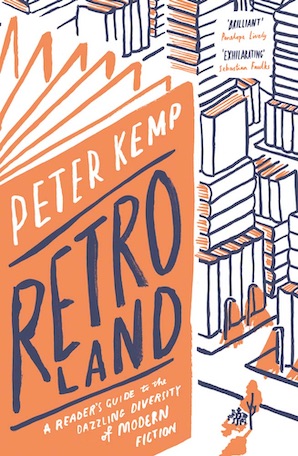




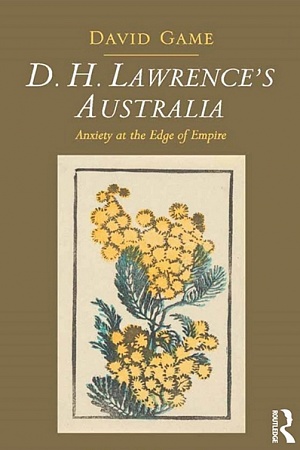
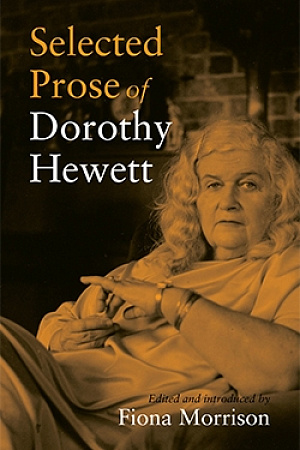
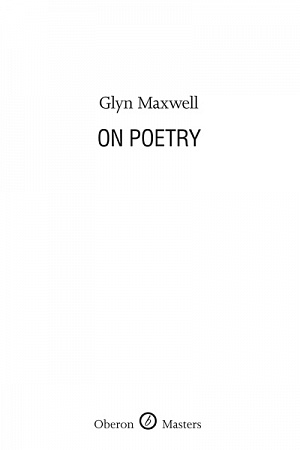
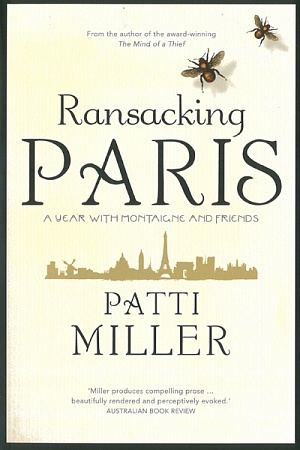
Leave a comment
If you are an ABR subscriber, you will need to sign in to post a comment.
If you have forgotten your sign in details, or if you receive an error message when trying to submit your comment, please email your comment (and the name of the article to which it relates) to ABR Comments. We will review your comment and, subject to approval, we will post it under your name.
Please note that all comments must be approved by ABR and comply with our Terms & Conditions.